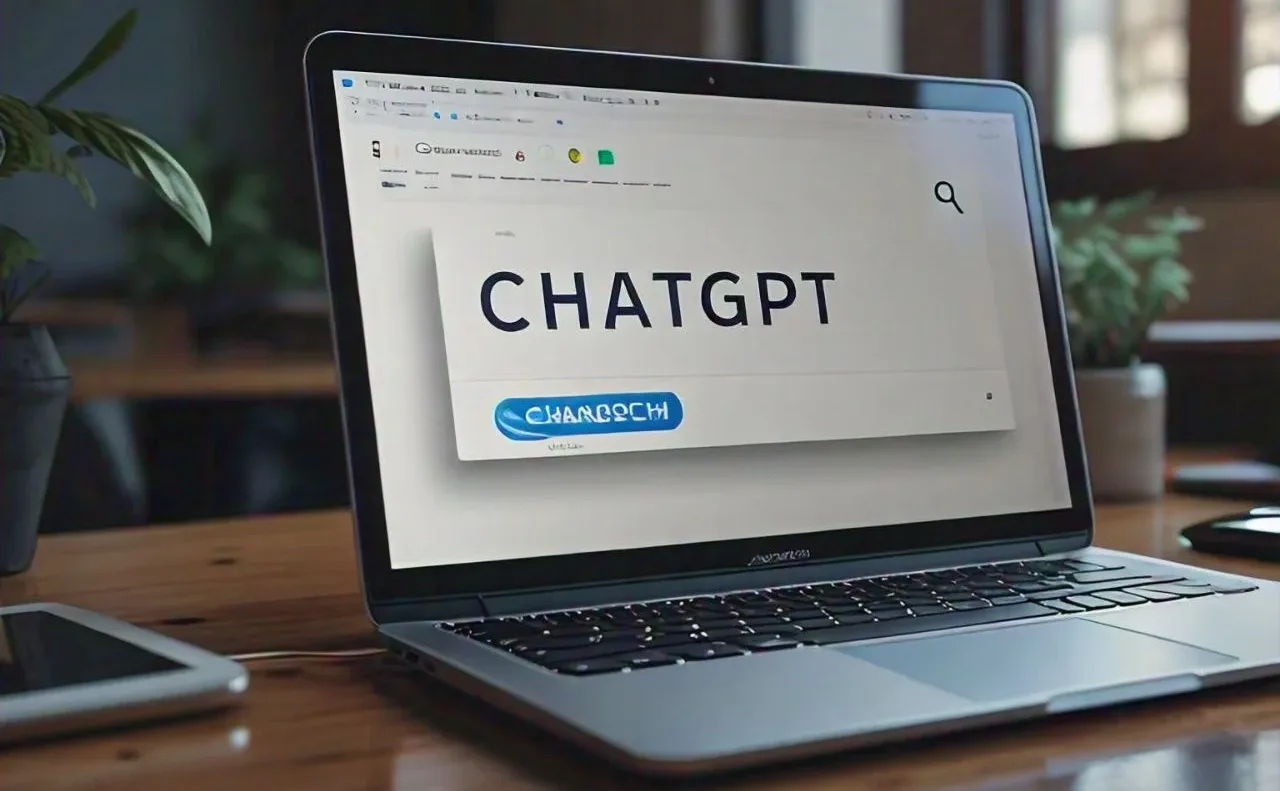The Article Tells The Story of:
- OpenAI Enters Search Market: OpenAI has launched ChatGPT Search, a conversational and interactive search tool integrated with GPT-4o, aiming to challenge Google’s dominance.
- Features and Benefits: ChatGPT Search provides real-time, contextual answers from licensed sources, offering in-line citations, user controls, and seamless conversational experiences.
- Rollout and Accessibility: Initially available to ChatGPT Plus and Team users, the feature will expand to enterprise, education, and free users, along with a browser extension for Chrome.
- Future Plans: OpenAI plans to integrate ChatGPT Search into shopping, travel, and smart devices, enhancing the search experience with advanced voice queries and natural dialogue capabilities.
OpenAI Enters the Search Arena
After years of rumor and speculation, the waiting is finally over since OpenAI has entered into the search market by coming with its much-awaited launch called ChatGPT Search that promises to give head to the dominance of the long-reigning and seemingly unchallengeable position that Google holds. Going by the earlier prototype, namely, SearchGPT, it claims to offer highly accurate and “timely answers directly from the web” infused in the ChatGPT. According to Open AI, the future of this field would be a major leap since it will search more than just providing info- this will be searching interactively, conversationally, and interactively while changing the very face of interaction with information.
Check Out similar Article of ChatGPT Users Can Now Generate Images for Free Using DALL-E 3: Here’s What You Need to Know Published on August 9, 2024 SquaredTech
A New Twist on AI Search: What Makes ChatGPT Search Different?
ChatGPT Search is a fine-tuned advancement of OpenAI’s GPT-4o model, aimed to provide more contextual answers based on real-time data concerning sports scores, news, financial information, and so much more. It is an innovation that would make ChatGPT dynamically pull information from the online, reliable, licensed sources, thus layering interactivity in the search engines that have no such feature.
For instance, the search for “what is happening this weekend in New York City” could bring handpicked information from local trusted sources. The AI from OpenAI could even suggest nearby dining options or other activities based on follow-up questions, providing a seamless conversational search experience.
Improved User Controls and Search Integration
The latest search feature from OpenAI has emphasized user control. One can let Search ChatGPT automatically activate upon the occurrence of certain prompts, or activate it oneself manually by a new search icon created within the interface for use with ChatGPT. This way, easy alternatives between standard responses offered via ChatGPT as opposed to live web search on different occasions can be established.
ChatGPT Search also comes with responses featuring in-line citations and sidebar attributions to sources OpenAI has licensing agreements. So in the case of researching how recent elections fared, for example, ChatGPT Search will give you access to sources like AP and Reuters. This in turn makes information credible with regards to topics that can change fast or are of sensitive nature.
Limited Access, Expanding Horizons: Who Can Use ChatGPT Search Now?
It only made it available to ChatGPT Plus and Team users at first, as those are the users who could access it both on their desktop and mobile devices. In a few weeks, this feature will be rolled out to enterprise and educational clients, with a wider release to free users soon to follow.
It also released a browser extension that lets users set ChatGPT Search as their default search engine in Chrome. This is an extension that may indicate future OpenAI ambitions to make ChatGPT Search a part of the habitual way we look up information online.
How ChatGPT Search will approach working with publishers
While some publishers are afraid that AI-generated overviews such as ChatGPT Search will reduce site traffic, OpenAI is engaged with publishing partners to address those concerns. According to OpenAI, they have implemented publisher feedback to strike a balance between the use of content, especially article summaries and quotations. This shows that OpenAI is committed to healthy relationships with content creators while providing an innovative search product.
One recent study points out some potential threats, showing that AI summary generation may decrease publisher traffic by about 25% because full article links become less visible. OpenAI claims that ChatGPT Search has been built with these issues in mind and is keen on source attribution and careful control of summary lengths so that the original content creators’ work is not harmed.
The Future of ChatGPT Search
OpenAI does not stop there, however; the company is pushing to extend its capabilities into shopping, travel, and other advanced research beyond general search. Improved reasoning models should enable OpenAI to further push the search experience toward deeper research that never has to leave the ChatGPT platform.
OpenAI is also going to integrate ChatGPT Search with its Advanced Voice Mode, through which voice queries and voice responses will have a feel of natural dialogue. It may open further markets, such as search in cars or smart home equipment, where the user cannot possibly type.
Conclusion: Does ChatGPT Search Compare to Google?
With ChatGPT Search, OpenAI sets the ground for a search experience where AI conversational strengths combine with the vast information landscape of the web. New features provide users with not only information but actively engage them in a back-and-forth to refine results, which conventional search engines do not offer.
Thus, as the competition in the search space heats up, comes ChatGPT Search in all its glory. Maybe for users who crave some interactivity and contextual results in their searches, then this is a beacon of hope. When all elements come together and the performance gap between AI and seeking accurate information closes, chat will redefine what a search could do.
Stay updated: Tech News – Artificial Intelligence


